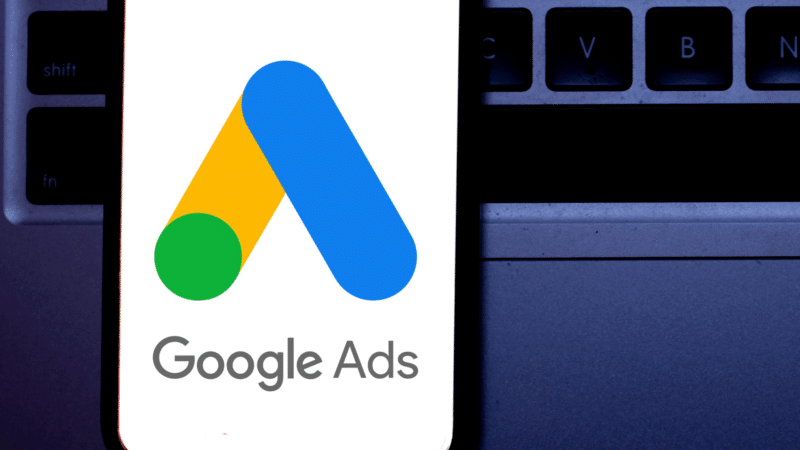
Google’s Ads Transparency Updates: What Digital Advertisers Need to Know
As digital advertising evolves, transparency has become a critical aspect of maintaining trust between advertisers and consumers. Google has announced significant updates to its Ads Transparency policy aimed at enhancing visibility regarding who funds advertisements on its platform. These changes, effective from May 1, 2025, will impact advertisers, particularly agencies managing multiple clients.
Starting next year, advertisers will be required to display the “payer name,” which is derived from their payment profile. This adjustment is significant for agency accounts, where the payer name will reflect the client’s payment profile if it differs from the verified advertiser name. Such a step is not merely procedural; it carries the potential to bolster public trust in digital advertising landscapes, improving brand reputation in the process.
With accountability at the forefront of these updates, advertisers must now adopt new operational practices. They will need to verify and manage their payment profiles carefully to ensure their representation is accurate, which includes being proactive in updating their payer names in verification settings by the upcoming June deadline.
The nuances of these changes particularly affect agency advertisers, who have previously been misclassified as direct advertisers. Google has set a re-verification deadline of May 31 to prevent inaccuracies in the payer name displayed. The ripple effects of this adjustment are already evident in Election Ads, where disclosure of payer names was mandated during the verification process. These measures aim to clarify funding sources for ads, thereby reducing confusion stemming from the dynamics of agency-client relationships.
For digital marketers, adhering to these new regulations could influence their usage of URL management tools significantly. Integrating URL shorteners like BitIgniter or LinksGPT will be crucial in ensuring that shortened links remain clear, concise, and compliant with the updated transparency guidelines. Utilizing custom domains for short links is also a smart strategy, as it reinforces brand identity while ensuring smooth tracking of advertising effectiveness.
Moreover, as these changes take effect, the importance of rigorous link management becomes apparent. Tools like URL expanders and short link makers can assist in maintaining transparency about ad funding. Advertisers can leverage platforms such as TinyURL, ensuring that users can easily identify the origins of a link, thereby fostering an environment of trust.
In conclusion, Google’s updates to its Ads Transparency policy represent a profound shift in how advertisements are financed and represented online. Advertisers, particularly from agencies, must stay ahead of these changes to maintain their credibility in an increasingly scrutinized digital landscape. Utilizing effective link management strategies isn’t just advisable; it’s essential for preserving both transparency and brand integrity.
#BitIgniter #LinksGPT #UrlExpander #UrlShortener #DigitalMarketing #AdTransparency
Mehr erfahren: Hier weiterlesen

